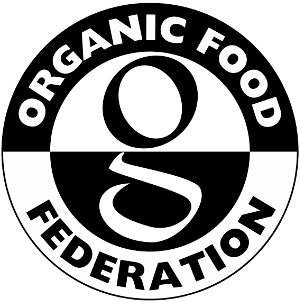
Still, recent events in Russia and Ukraine have only exaggerated these issues further. Some are more drastic with potential longer-lasting effects.
Besides the usual weather interruptions, bottlenecks and skyrocketing transportation costs, the biggest upheaval comes from the trade restrictions on certain materials and products, which are vital to the ever-flowing global market. These sanctions, specifically against Russia, are causing big waves, and below, we discuss some of the most impacted areas.
At present, according to data from Dun & Bradstreet, around 374,000 worldwide businesses have been affected by these supply chain issues, with some of the biggest countries being China, Canada, the US, Australia and Italy.
Currently, Russia has invaded the country of Ukraine, and many such countries across the world have placed sanctions on trade with Russia. This includes 10 of the biggest shipping companies, which has a significant impact as they handle 80% of the world shipping trade. As a result, deliveries are unable to leave or arrive within Russia. Additionally, even countries without sanctions are finding many of their businesses are unwilling to trade with Russia. This is legal, yet every decision made comes with its own consequences.
As such, Europe has a significant dependency on Russia’s energy exports, i.e. gas and crude oil. Something Europe requires and without could have life-damaging effects, from immediate low-stock to long-term reduction in the number of exported crops. One restriction often highly impacts another area in this globally connected supply chain.
We can see the impact of this knock-on effect in various industries, such as the industrial sector. The neon gas needed to create chips has been halted in Ukraine, meaning the export of semiconductors from Russia has also stopped.
With a delay already in place from COVID-19, this further delay will result in a shortage of chips for the home appliances market, as well as the car assembly industry. Rather than recovering, the issues are only growing bigger.
It doesn’t stop there; Russia is one of the biggest exporters of important industrial metals such as palladium (20% of the market), nickel, copper, cobalt and aluminium. Without these precious metals, especially Palladium, there will be more delays in the automotive industry. It will also further affect computers and the healthcare industry.
Finally, one of the most worrying issues is the massive effects the war has on the global food supply market. For example, Ukraine produces millions of tonnes of corn each year and supplies a large amount of the world, but due to the transportation issues Ukraine is facing, that corn is stuck in the country.
In the meantime, alternative sources are being found, but even with multiple countries getting involved, no one comes close to providing the level of stock required by the market. Ukraine also exports wheat and sunflower oil, and Russia Wheat; without these big suppliers, the balance of the food market is off-kilter and could cause significant issues further down the line on a global scale.
These changes in import locations are having a knock-on effect on food prices. With continued rises in freight costs, the lack of access to critical materials and the disruption of well-timed trades, this war could effectively dismantle the world’s food economy.
It’s no doubt food costs have gone up over the pandemic, but it seems they are destined to keep rising, an unbelievable 20% according to the United Nations, and this will only lead to a further escalation of our world hunger crisis, adding a staggering 13.1 million additional people.
Countries are already being seen to batten down the hatches by reducing the amount of food which can leave the country and temporarily barring the export of certain materials altogether. Not only that, the energy crisis in Europe is set to grow worse the longer the sanctions on Russian exports remain.
It’s no doubt that with supply chains already being restructured as we speak to manage these disruptions, this year will have a long-lasting effect. However, only time will tell how deep these changes have gone and where the path to recovery may be.






We integrate with a number of different systems.
Get in touch to find out how we can help.